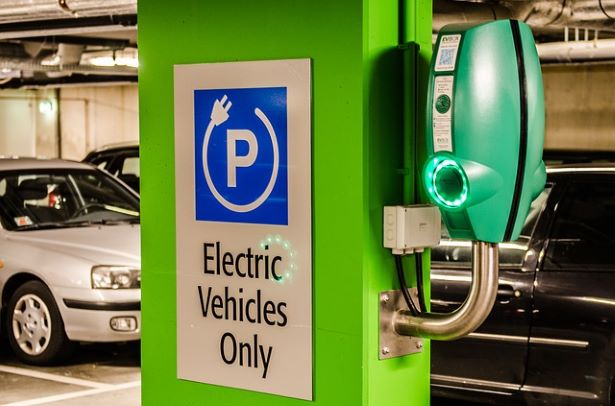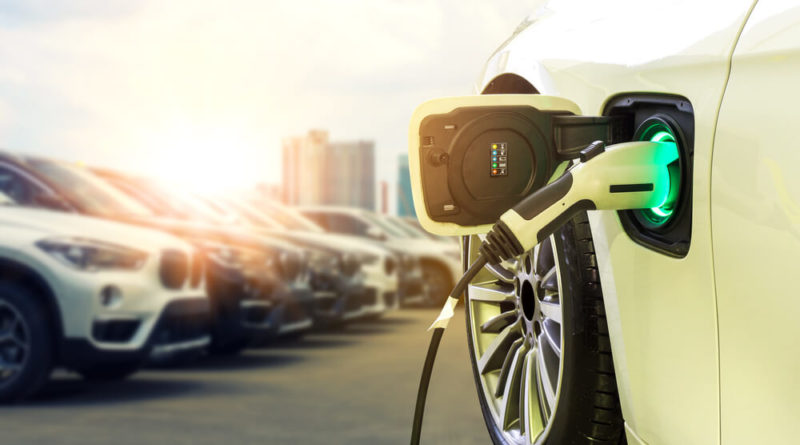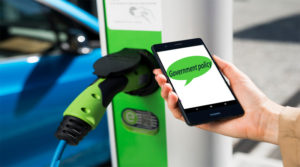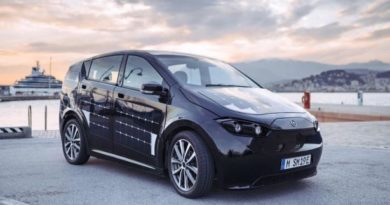1000 Charging Points for EVs, Tata Power’s ₹70 Crore Plan for NCR
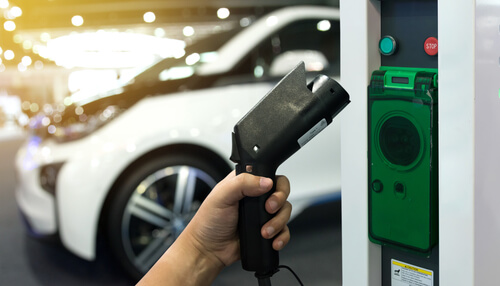
Tata Power plans to invest ₹70 crore to set up 1000 electric vehicle charging points in the National Capital Region (NCR). The firm which at present has 21 charging points in Delhi, Mumbai, and Hyderabad will also be looking to install close to one hundred charging points in Maharashtra, apart from the one thousand that it’ll set up in the capital. Tata Power also manages power distribution in the capital’s NDMC area, through its firm Tata Power -Delhi Distribution Limited.
Tata Power will roll out its plan by collaborating with the three government-owned oil marketing companies (OMCs), Hindustan Petroleum, Bharat Petroleum, and Indian Oil. The OMC’s will provide Tata power with real estate on their existent filling stations to set up the EV charging points. The firm will also partner with other entities, such as malls, metro rail stations, hospitals, hotels, etc, besides own franchisees for setting up of the charging points.
The company is open to such partnerships as, without the need to invest in real estate, the time required to break even on their investment would be a lot less. And it would also be open to cross-selling other products and services provided there isn’t any need for an additional investment. At present, there are well over 60,000 petrol and diesel filling stations in India, but only 500 EV charging stations.
The proposed network would have normal and fast chargers. The time required to charge a vehicle from zero to full charge according to Tata Power, with a normal charger will be seven hours and less than 2 hours with a fast charger. Praveer Sinha, MD, said, “Since cars and battery technologies, besides charging standards, are in various stages of evolution, we are looking at an infrastructure which would be future-ready.”
The firm is betting big on the current trend of battery pricing and expects EVs in all formats to be commercially attractive. “Under the present government, from initial plans of going all-green by 2030, potential EV penetration has been scaled down to a more realistic 15 percent of total new vehicle sales in the next five years. Even at these levels, the opportunities for those outside the automotive sector is immense,” he added.
During FY2017-18, 2.5 crore new cars were added to the roads of India, and of these, a mere 0.3 percent (~55,000) were electric vehicles. The National Electric Mobility Mission Plan 2020 expects between 60 to 70 lakh electric vehicles to hit the Indian roads every year from 2020, to help realise the governments target of a 30 percent electric transport/mobility sector by 2030.
Read More: Energy Vault & Tata Power Deal To Bring Unconventional Energy Storage Solution in 2019

